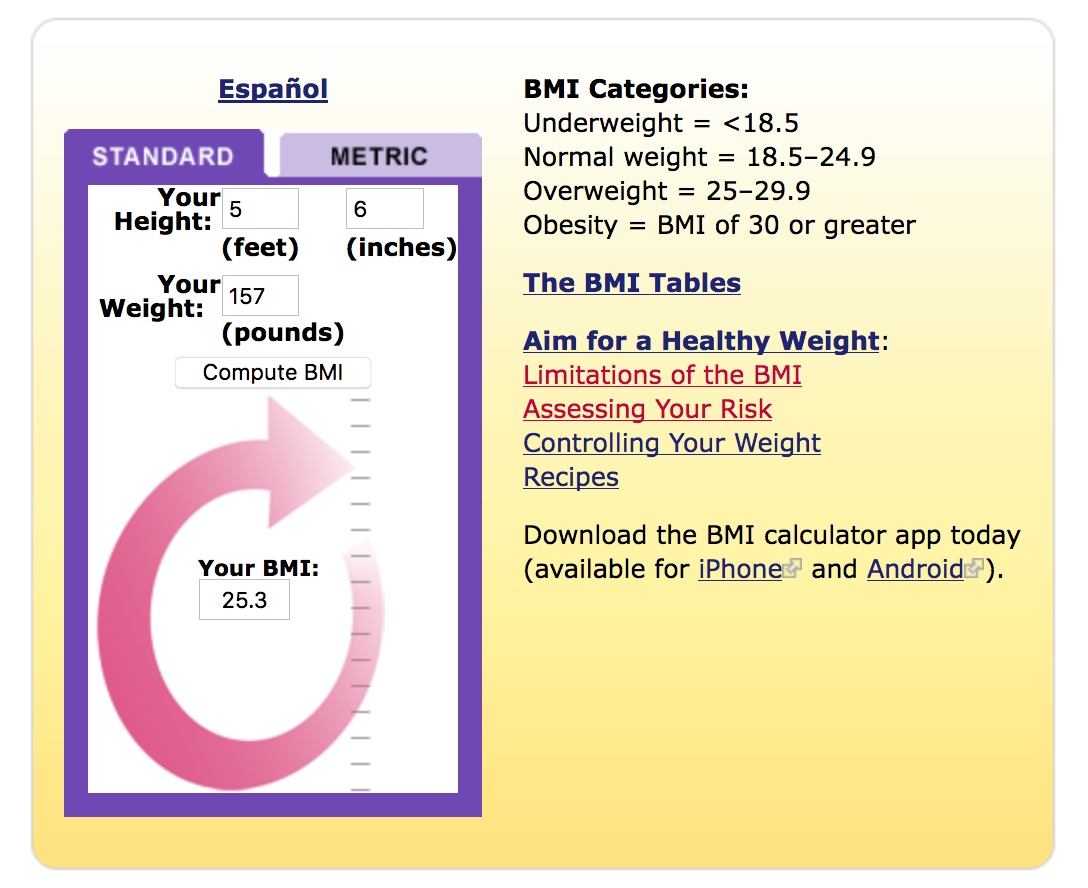We've all heard the term, "a game of inches." In New York drawing flood maps is a "game of inches". As FEMA revises the maps to account for climate change, deciding who is in the flood zone will be a battle with millions of dollars at stake. In the Miami Open Roger Federer is "undefeated in the game of inches. He clipped lines and found hair's breadth passing lanes to outlast a player blessed with greater youth and firepower." And from Baseball Magazine, "Every sport is a game of inches. An inch can separate an incomplete pass from a reception, or a first down. How about that putt that stops right on the lip of the hole? In soccer, lacrosse, or hockey, a shot that hits the pipe or cross bar, rather than going into the goal, sometimes that’s just an inch as well. And then there is that jump shot that circles the rim, endlessly spinning within the perimeter of the basket, or perhaps bouncing above it, and you are watching in agony, wondering if it will fall in or turn into a rebound?"
Sadly, for the first time in my adult life I've discovered that my weight is also a "game of inches." And where the putt dropped, the pass was completed, the ball hit the top of the fence and bounced into the stands, my inch has brought me only despair.
BMI is an acronym for "Body Mass Index", perhaps the truest measure of the effects of poundage on the human frame. BMI measures body fat based on height and weight that applies to adult men and women. It measures the body weight in kilograms divided by the height in meters. It isn't perfect. Two people might have the same BMI, but one of the two might have more muscle and be more fit than the other. Other techniques—MRI, glucose levels, calipers, hydrostatic weighing, blood pressure, and measuring waist-to-hip ratio, offer a precision that BMI can't. And of course there's always "dual-energy X-ray absorptionmetry" (?) And bone density? Jadyne was told by her swim coach in high school that she had "dense bones and heavy muscles." Of course BMI doesn't measure that at all.
Here's the BMI table:
I like it for the pretty colors.
Here's a BMI calculator. I've entered my height (5'6") and my weight (157 lbs.) into the table, and this is the result"
I thought that I was really 5' 6 and 1/2", and maybe at one time I was. I've definitely lost that 1/2 inch though, as the years have accumulated.
I wondered how I might have fared had I been one inch taller. Here's that table.
According to the pretty chart my BMI would be "normal." Yeah, at the very tippy-top of the "normal" range, but nevertheless "normal." So here's my choice. Either I can try to lose about seven pounds, which means fewer Kettle chips, less Chilean Malbec, only a handful of pistachios rather than the full cereal bowl I have almost every night, no butter on the popcorn, and staying away from Graeter's salted caramel ice cream....or, I can try to grow. Just one inch.
Which is more realistic? Lose about seven pounds or grow an inch? It's only an inch. Just one. One frigging inch. Just because we tend to grow the most in our youth does that mean that we stop growing in our seventies? I've found some tips online that I think might help from "Grow Taller 4 Idiots." I am that.
1) "Breathing is very important when you are trying to grow an extra inch or two." Noted.
2) "While getting plenty of sun helps plants to grow, it does the same for the human body." Got it.
3) "Working out can help your body grow taller and at the same time keep you in better health." I do that.
4) "Drinking plenty of water is excellent if you are trying to grow taller." OK.
5) "Massage is an excellent choice when trying to grow taller." Need to work on that.
6) Maintaining proper posture is bery important when trying to appear taller." "Appear" is the operative word here. Not helpful.
7) "Avoiding drugs, alcohol, and nicotine is important if you want your body to grow." Two of three isn't bad.
8) "If growing taller is your goal, you should follow the above steps and be patient. None of this will happen overnight." It is. I do. I try to be.
Stay with me. I'll keep you posted.


